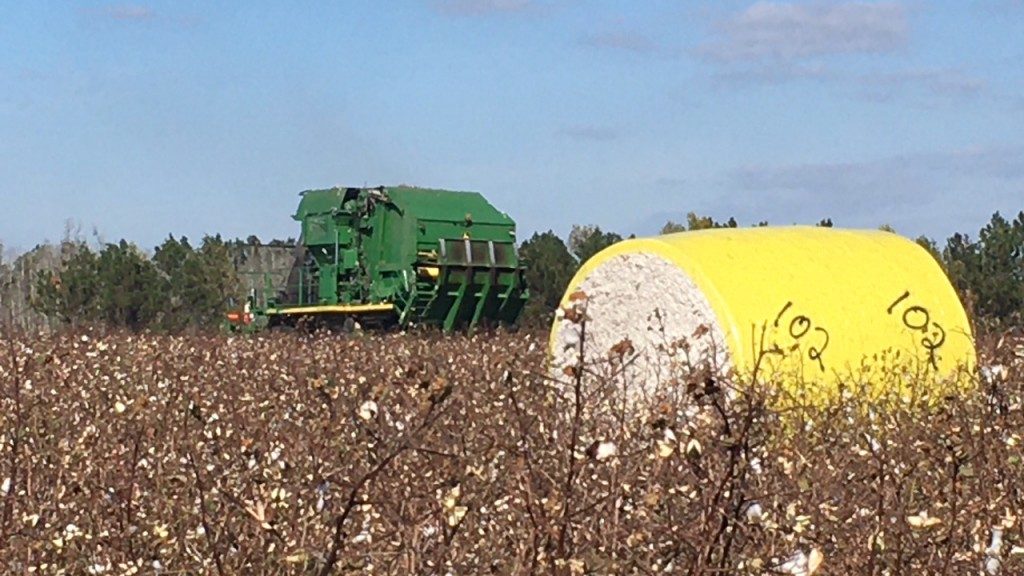Seedling disease is something that can frustrate cotton growers. Economic losses to seedling diseases can be significant at specific locations,especially when weather conditions are cool and wet at planting time and the grower is not able practice good crop rotation. Below are good management practices to reduce the chance of seedling disease in cotton according to Bob Kemerait, UGA Plant Pathologist.
1. Plant in warm soils where the temperature at a 4-inch depth is above 65°F and where the 5-day forecast doesn’t call for cooler or cooler/wetter weather. NOTE:Cotton growers should NOT plant cotton if at all possible when conditions are cool and wet or if the forecast calls for such conditions soon after planting, even if they plan to use additional fungicide treatments!
2. Plant seed on a raised bed since soil temperatures in the bed are generally slightly warmer than surrounding soil and drainage is likely to be better. Cotton planted in conservation tillage is not grown on raised beds, thus potentially increasing the threat from seedling disease.
3. Avoid planting seed too deeply. Seed that is planted too deeply results in longerperiods before the young seedling cracks the soil surface, increasing the likelihood of seedling disease.
4. Correct soil pH with lime (pathogenic fungi are more tolerant to acidic soils than are
cotton seedlings; pH should be in the range of 6.0 to 6.5).
5. Fertilize according to a soil test so as to promote rapid seedling growth; however care should be taken to avoid “burning” the seedling with excessive rates of at-plant fertilizers.
6. Avoid chemical injury through the use of excessive amounts or improper application of insecticides, fungicides, or pre-plant herbicides.
7. Plant only high quality seed as indicated by the percent germination in the standard seed and cool germination tests. Preferably, cool germination test results should be above 70%, though 60-69% is still adequate.
